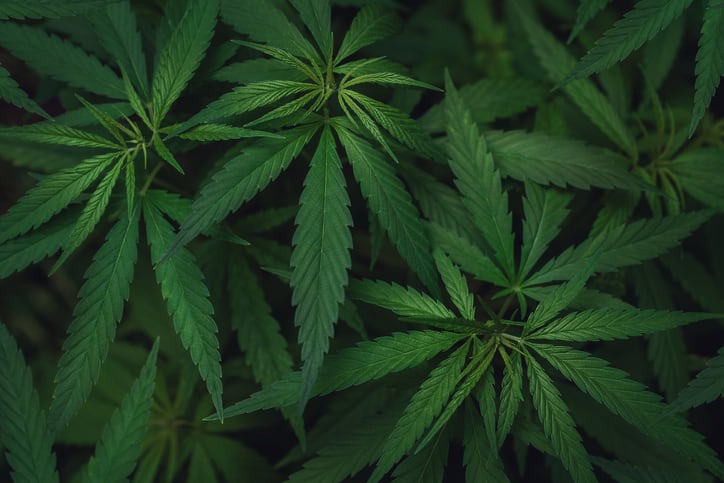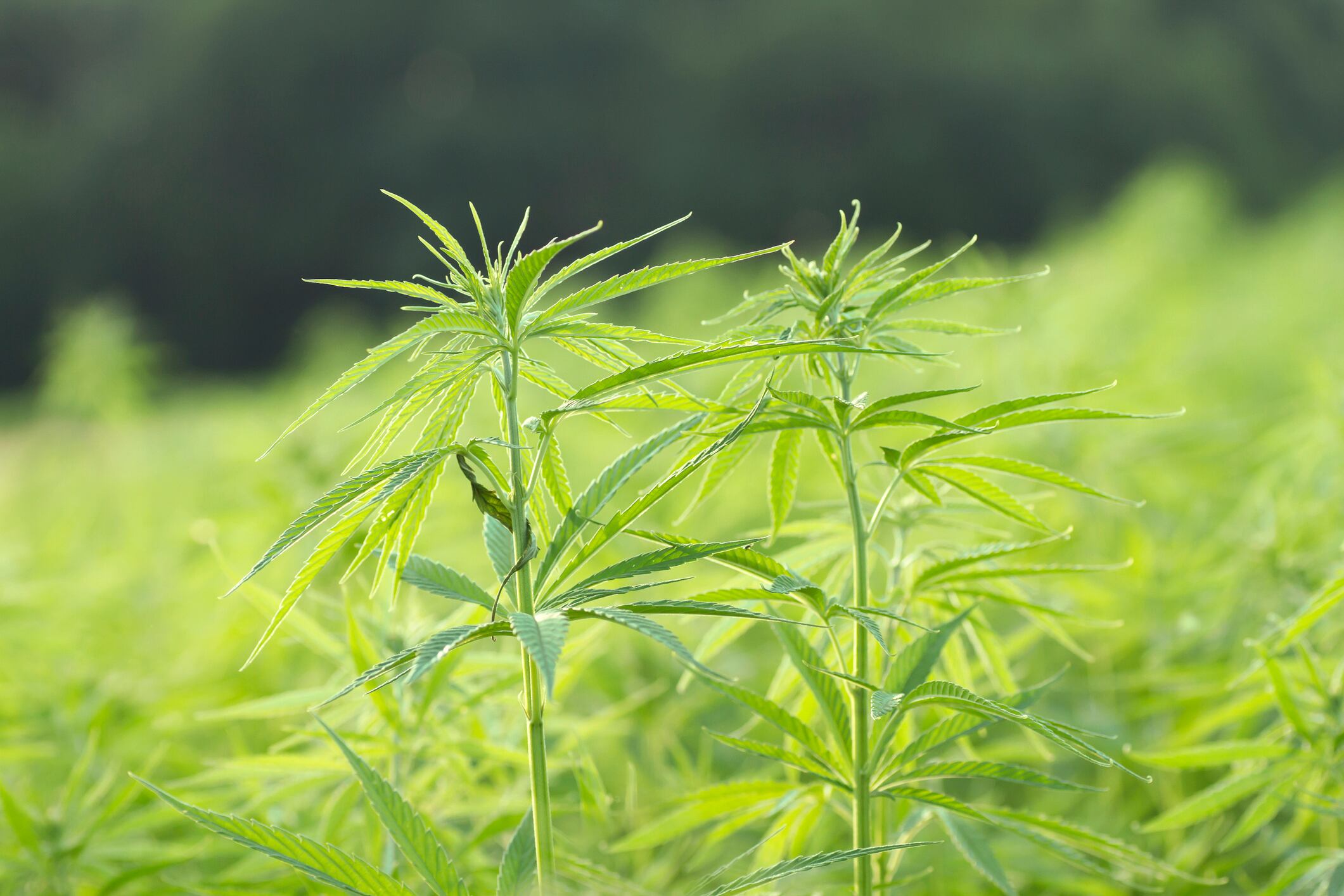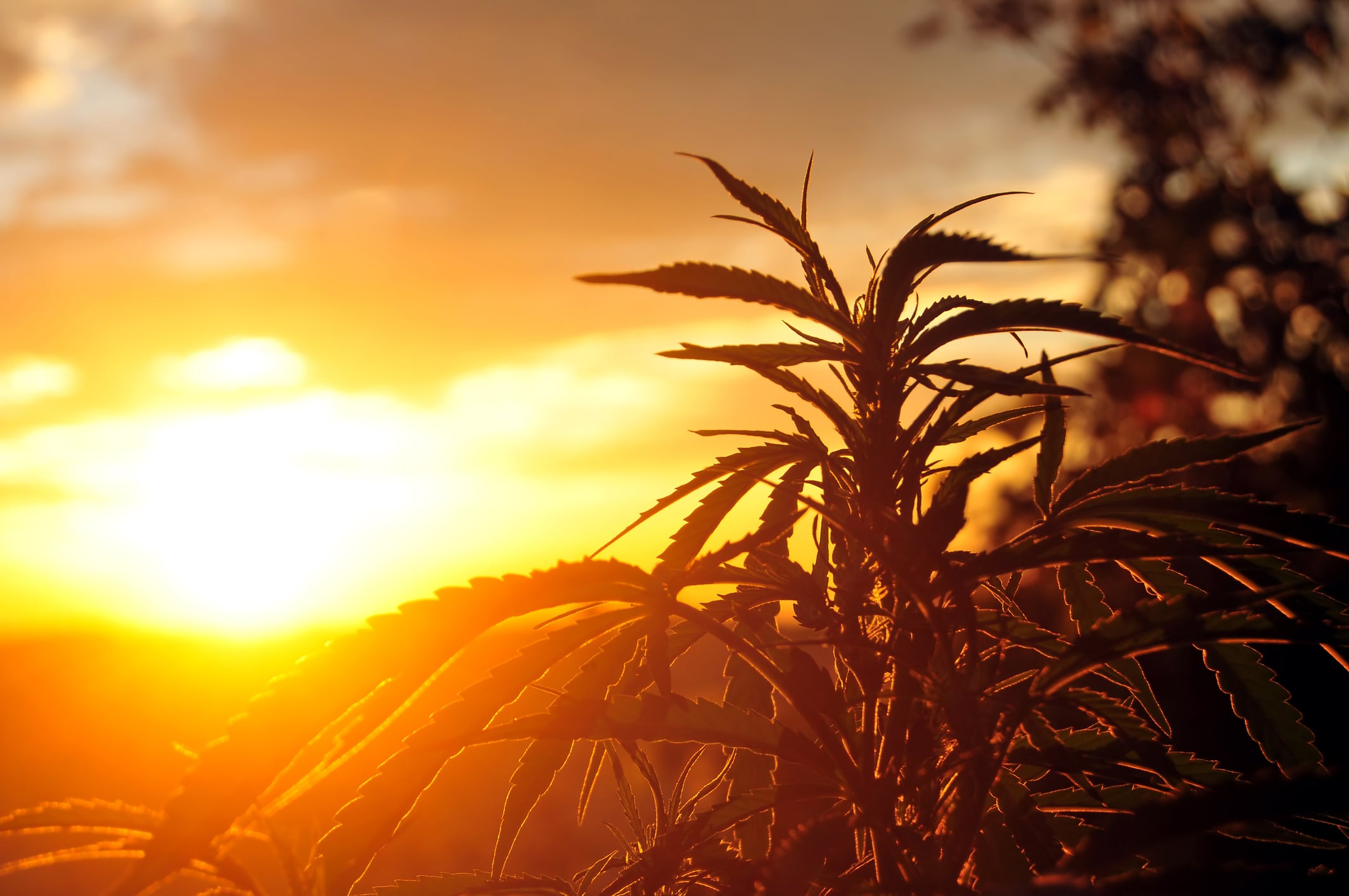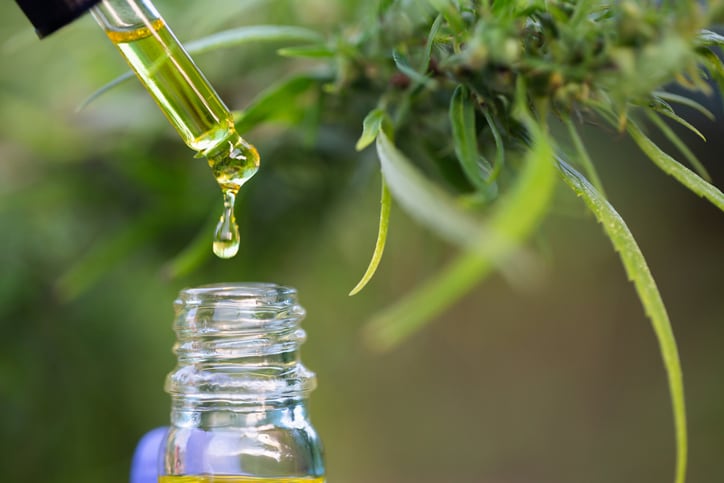The Minority Cannabis Business Association (MCBA), which was incorporated in 2015, works to improve access for entrepreneurs of color to the thriving market of products and services relating to medicinal cannabis and hemp/CBD. The group’s stated mission is to use the growth of this market sector as a way to empower communities of color and to right some of the wrongs inflicted during the decades-long War on Drugs.
Aftereffects of War on Drugs
According to the Drug Policy Alliance, a group of social policy academics, the consequences of drug prohibitions in the US have long had the effect of falling most heavily on minority and immigrant communities, dating back to opium laws in the 1880s. The official War on Drugs policy that started in the Nixon Administration in the early 1970s placed cannabis on the Schedule One list of controlled substances, even though a commission headed by the Republican governor of Pennsylvania unanimously recommended decriminalizing the substance.
Nixon’s policies including mandatory prison sentences, no knock raids and other harsh measures. The result has been that, according to the American Civil Liberties Union, more than half of all drug arrests in 2010 were for marijuana. The ACLU’s figures show that 88% of marijuana arrests in the 2001 to 2010 timeframe were for possession of only small amounts the botanical.
The group notes that marijuana usage has been roughly equal between blacks and whites, but blacks have been almost four times more likely to be arrested for possession. Today blacks still account for a greater percentage of the nation’s prison population than do whites, despite making up only about 13% of the population, and advocacy groups say much of that disparity is due to marijuana arrests. Having so many black men in jail has been cited as one of the reasons that only about 39% of black children live in a home with both parents.
Raising a voice within the industry

Attorney Amber Littlejohn is senior policy advisor for MCBA. She did a previous stint in a similar capacity for the American Herbal Products Association, which was an early adopter dietary supplement field in embracing the emerging role of cannabis products. Littlejohn noted that the cannabis realm is, like many other areas of businesses, dominated by whites, who have a leg up on business experience and access to capital.
“We are an advocate for the minority cannabis business entrepreneurs in our communities,” Littlejohn told NutraIngredients-USA.
Littlejohn said MCBA was created to help redress some of the wrongs created by the long drug suppression effort.
“The architects of the War on Drugs in the Nixon Administration were unequivocal that it wasn’t about health and safety. It provided a means to go after black people and Mexicans and people who were protesting the Vietnam War,” she said.
Littlejohn noted that in some places where medical marijuana was first approved included social justice provisions to try to help bolster those communities most heavily ravaged in the War on Drugs. While the intent of those provisions was laudable, the idea has fallen short in practice.
“Less than 20% of the businesses that are minority owned,” Littlejohn said. “One the dietary supplement side it’s even worse; there fewer than 16% of businesses are minority owned.”
In addition to acting as an advocate for the industry, Littlejohn said MCBA tries to act as a clearinghouse for information on the industry.
“There are a lot of things you have to know to run a compliant business. You need to have the technical knowledge to create an effective products and second you need to know how to comply with the laws. Those things in and of themselves are barriers to entry, and one of the things we try to do is to democratize that information,” she said.
Shedding a light on industry’s history with slavery
Littleton said that MCBA has formed some useful partnerships, both with AHPA and with the US Hemp Roundtable, a group of companies and grassroots organizations advocating for the hemp/CBD industry.
Littlejohn noted that one of the early states to push hemp production in the current era is Kentucky. She said she had been heartened that the connection of the crop in centuries past to slavery in the state has been recently recognized, even though it has been known in academic circles for some time. For example, in A Brief History of the Hemp Industry in Kentucky, published in 1951, author James F. Hopkins stated, “Without hemp, slavery might not have flourished in Kentucky, since other agricultural products of the state were not conducive to the extensive use of bondsmen. On the hemp farm and in the hemp factories the need for laborers was filled to a large extent by the use of Negro slaves, and it is a significant fact that the heaviest concentration of slavery was in the hemp producing area.”
Long term goals: more education, more access to capital
Littlejohn said MCBA is also working to improve access of minority owned business to capital and to banking services, which can still be an issue for hemp/CBD businesses.
“A lot of the money comes from intergenerational wealth or private equity. In Long Beach (CA), only about 2% of the medical marijuana applications have actually been able to open their doors. Overall, only about 1% of the businesses that receive investment money are black owned. Access to capital is absolutely critical,” she said.
Littlejohn said one of her long term goals would be to unite the MCBA with the group of Historically Black Colleges and Universities (HBCU), a list which includes such institutions as Howard University, Morehouse College, Tuskegee University and Florida A&M with the goal to create a new group of entrepreneurs who could help infuse the wealth being generated in the hemp/CBD space into disadvantaged communities of color.
“What’s needed is education, support, mentoring and access,” she said.




